Know The Signs


Dr. Melissa Milligan from Equine Specialty Hospital in Burton, OH, spoke during Big Dee's Anniversary Event about equine colic. Dr. Milligan is board-certified in equine surgery and has advanced training in several equine related areas. She graduated from Iowa State University College of Veterinary Medicine in 2002 and went on to complete an equine surgical and lameness internship at Equine Medical Associates in Edmond, Oklahoma. In 2004 she started her equine surgery residency at Kansas State University and obtained her Master's degree. In 2007 Dr. Milligan joined the staff at Equine Specialty Hospital and eventually went on to purchase the hospital in 2014.
The Basics Colic is a word often spoken by horse enthusiasts, and not in a positive way - but how many people really know what it is and what causes it? To colic simply means abdominal pain in horses - it can be caused by gastric ulcers, bladder stones, twisted bowls and more. Colic in a horse can be deadly, but it is treatable, manageable and preventable. Very few horses that colic need surgery, but every colic should be treated as an emergency because some that seem harmless can worsen quickly.
Colic Myths
- Rolling - Rolling does not make the abdominal pain worse or cause it, the horse is just trying to find a comfortable way to lay. The reason your vet says not to let them roll is to prevent trauma to the head and legs during a colic episode, keeping them moving protects them from hurting themselves.
- Older horses can't fully recover - Older horses have the same ability to recover from the surgery as young horses, extra precautions are taken for helping the horse get up after surgery. Once a horse heals from the surgery, they can go back to doing their normal job (after conditioning to getting back into shape), regardless of the horse's age.
- Horses that have had colic surgery are prone to colic in the future - Not all horses are prone to colicking, it depends entirely on what caused the initial colic that required surgery.
- Passing manure means you're in the clear - While it is a great thing that a horse passes manure, it doesn't always mean they're safe from trouble. It depends on where the problem is located.
- Banamine masks the problem - Banamine will not mask the problem, it is important that a horse get pain relief/anti inflammatory drugs. But do note if and when you gave the horse Banamine so you can tell your vet.
Signs of Colic: Rolling, self-trauma, sweating, stretching to urinate, kicking/looking at abdomen, laying down, not eating/lack of appetite
What you can do
- Check the horse's heart rate (average is 28-48 beats per minute)
- Check the horse's respiratory rate (average is 12-24 breaths per minute)
- Check the horse's temperature (average is 98.5-101 F)
- Listen for gastrointestinal sounds; tinkling, water running, gurgling (You should be able to hear something, if you can't hear any sounds, contact your vet immediately)
- Know your vet's number and location to closest surgery referral
- Make sure you have the means to haul a horse if needed
- Before your vet arrives, keep your horse moving and do not allow it to eat or drink
What determines if surgery is necessary?
- Medically treated - If a horse can recover from a colic episode without surgery, they are given water to re-hydrate, anti-inflammatory medication to help with pain management, laxatives in select cases, antibiotics in select cases and anti-ulcer medications.
- Surgical Colic - Surgery depends on the level and consistency of pain, examination abnormalities and progressive deterioration over time
Post-Colic Surgery: If your horse needs colic surgery, the recovery process will be long. You do not need to change the bedding in the horse's stall and generally no changes in diet. The horse will be on stall confinement with hand walking, then progress to small paddock turnout and soon, unrestricted turnout.
Causes of Colic
- Gastric Ulcers - Gastric Ulcers are the number one cause of colic in horses. It does not require surgery and is mild to moderate in pain. GastroGard is the only FDA approved treatment for gastric ulcers by preventing acid production. You can prevent ulcers with Ulcergard. An easy prevention for this type of colic is to keep more food in the stomach (free choice roughage and minimize sweet feed).
- Anterior Enteritis - Anterior Enteritis is caused by bacteria and creates inflammation of the small intestine. The horse may have a fever, ranging from mild to moderate in pain.
- Large Colon or Gas Colic - Gas colic can be mildly painful, the horse could be bloated and just needs to pass gas.
- Large Colon Impaction - A Large Colon Impaction is mildly painful and responds to banamine. Horses with an impaction tend to have decreased manure; the piles are too small and dry. This is often seen in winter when horses don't want to drink a lot of water.
- Colon Torsion - Colon torsions are moderately to severely painful for the horse, most common in mares up to six months post foaling.
- Enteroliths - Enteroliths are common in southern states with lots of sand, but not uncommon in Ohio. They can be clinically silent since you cannot check through a rectal exam nor an ultrasound. It is the only colic surgery where a vet can physically show the cause of pain.
What can't be fixed? Veterinarians can only treat about 75% of abdomen. They cannot do anything with the stomach or first couple feet of intestine - sometimes they don't know the full issue until a horse in surgery. The issues below are untreatable:
- Ruptured stomach or intestinal tract
- Strangulating obstruction that has involved too much intestine to remove and still allow digestion
- Involved intestine is located in a place that is surgically inaccessible
Prevention: You can avoid some of the colic types above by: deworming routinely, avoiding sand (feed off ground or on mats), keeping a consistent feeding program, constant access to hay/roughage and water and regular dental care. Horses that crib are at a higher risk of colicking, so it is highly recommended to find a way to prevent them from cribbing. Preventing and treating ulcers is also an effective way to help prevent some forms of colic. As much as horse owners would like to prevent the chance of colic entirely, sometimes it is out of our control. Knowing what the signs are, how to aid the horse until a vet arrives and ultimately knowing how to help the horse recover is the best knowledge to have.
CLICK HERE to watch the video of Dr. Melissa Milligan explain the basics of equine colic
Disclaimer: This seminar was given at Big Dee's Anniversary Event. All content provided by Dr. Milligan on Big Dee's site is for informational purposes only. Big Dee's will not be liable for any losses, injuries, or damages from the display or use of this information.









